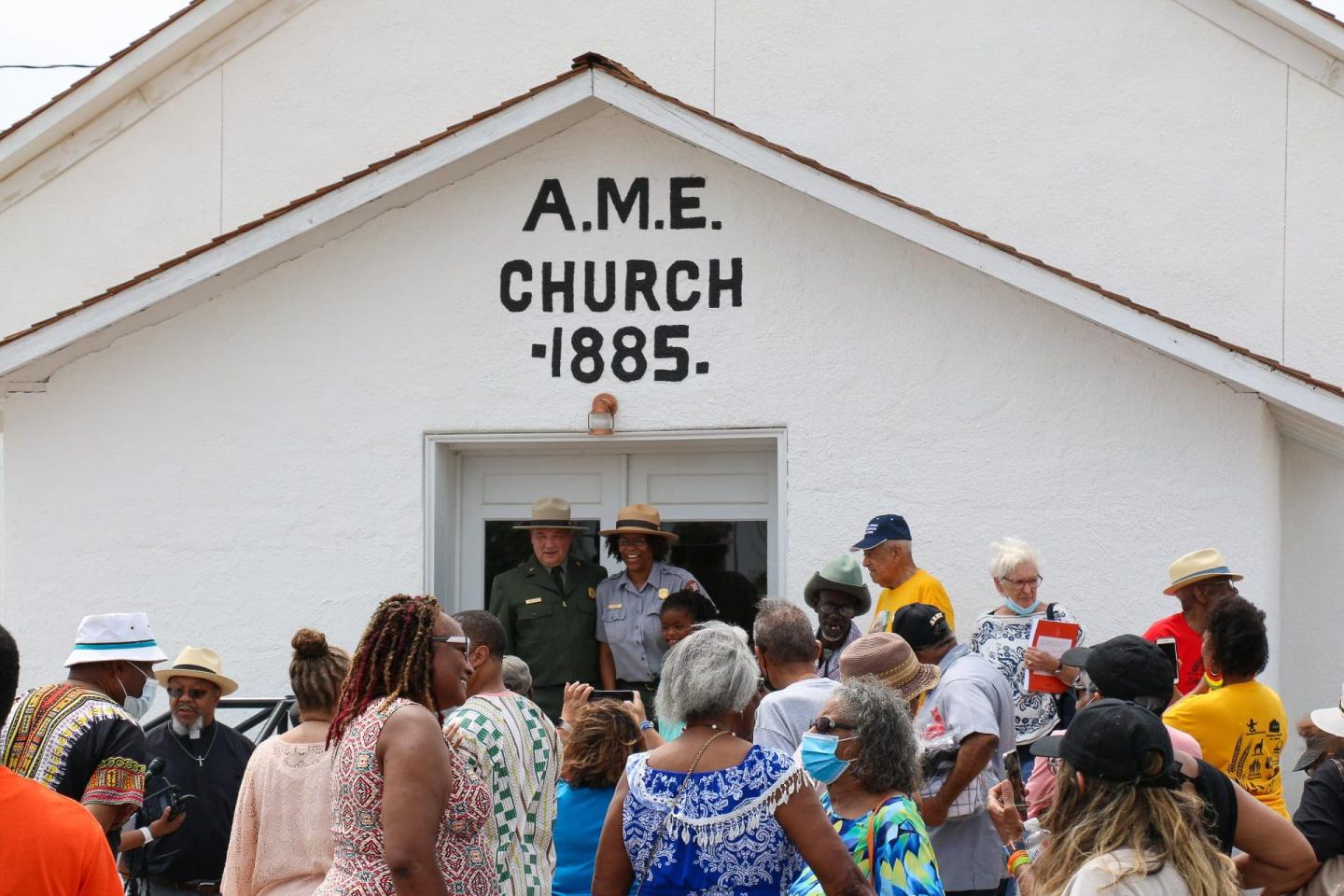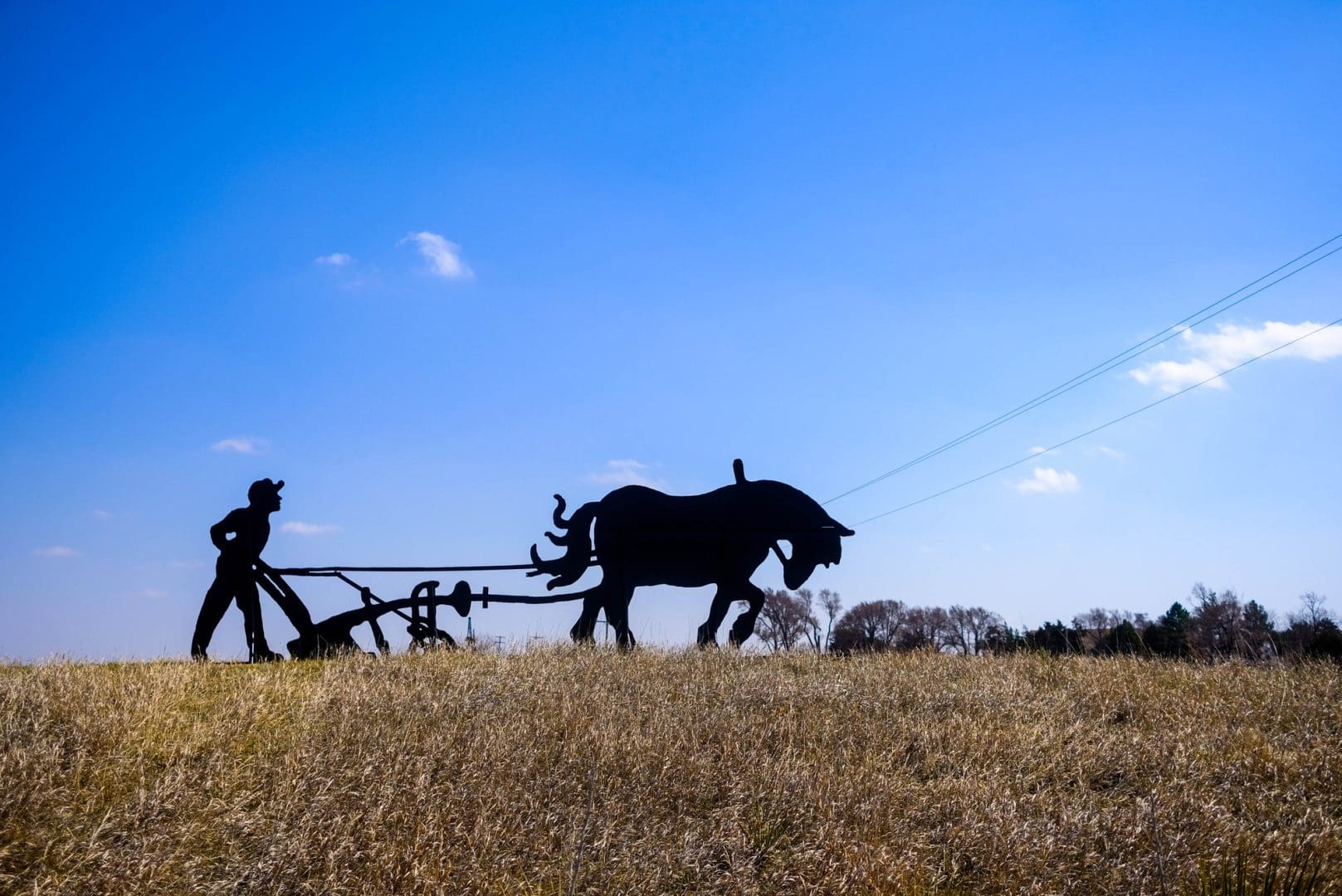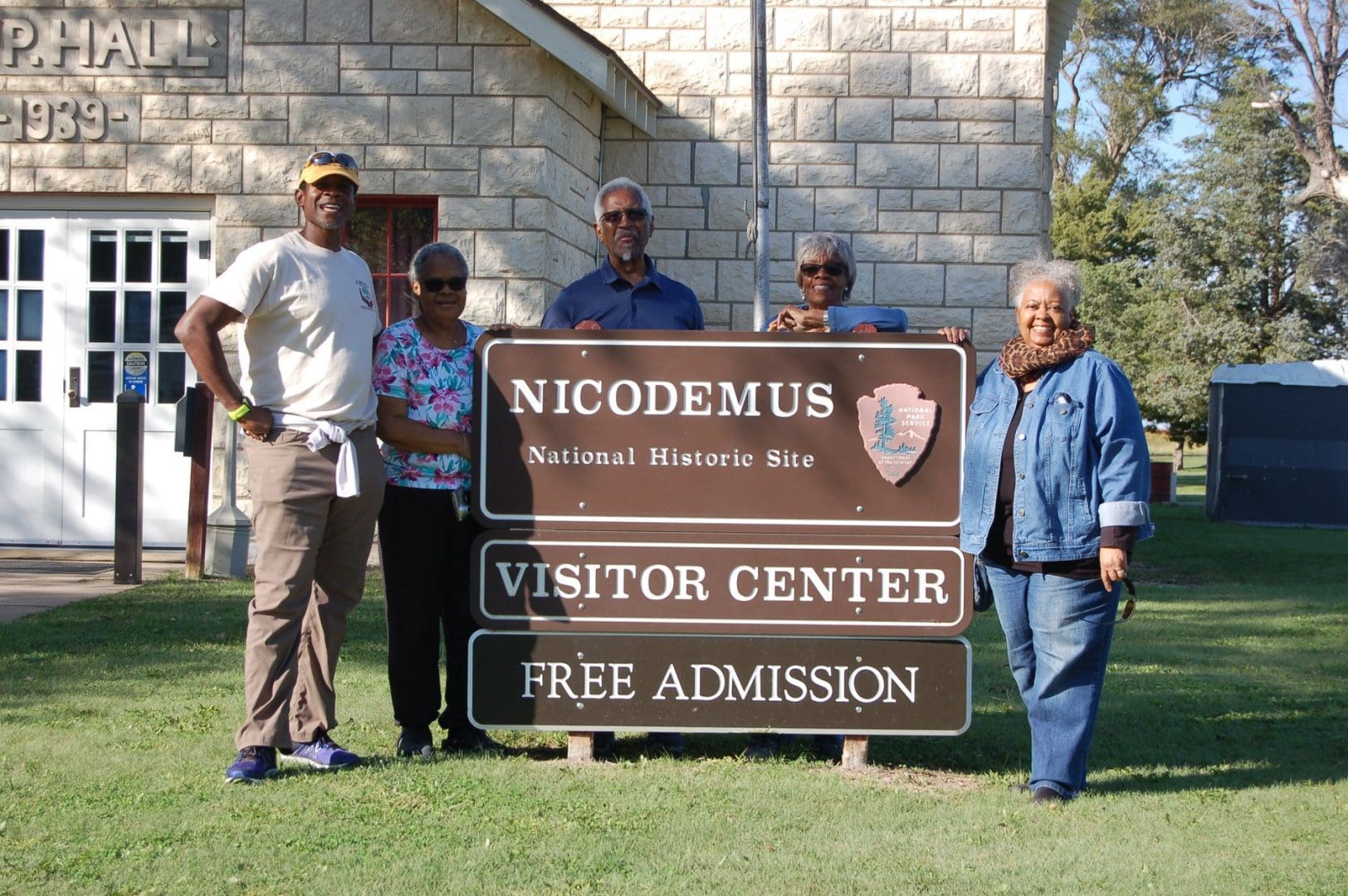
Lulu Craig - Hero of Nicodemus

On Juneteenth We Celebrate Black Excellence with the Story of Lulu Craig, Hero of Nicodemus. Born in Missouri a mere three years after the end of the Civil War, Lulu Mae Sadler Craig would grow up to become a historian, educator, and advocate for Black industry and equality. Her parents, formerly enslaved, migrated with Lulu and her seven siblings from Missouri to Kansas. Like many African Americans seeking refuge from racism and violence, the Sadler family hoped for the promises of land and liberty that Kansas symbolized.

As a young man, Lulu’s father fought for his freedom alongside Union general William Tecumseh Sherman. The fight for freedom did not end with the war, however. Freed African Americans faced systemic and brutally violent racism, leading many to envision a life of Black liberty in the West.
Traveling by covered wagon, the family arrived in Nicodemus, Kansas in 1879. Now memorialized and preserved as Nicodemus National Historic Site, Nicodemus remains the oldest and only Black settlement West of the Mississippi. Lulu and her family survived in harsh conditions with scarce supplies and insufficient shelter. Still, they rose together to achieve prosperity. According to author and African American studies researcher Antoinette Broussard, Lulu was a storyteller by nature, describing the integral role Native peoples played in the survival of Nicodemus and the seemingly insurmountable challenges they faced while building a life there.

At the age of fifteen, Lulu attended one of Kansas’s first schools where she befriended George Washington Carver, famous Black agricultural scientist and inventor. After graduating from State Teachers College, Lulu returned to Nicodemus to teach first through eighth grade. Lulu remained in Nicodemus for nearly thirty more years after marrying Sanford Craig, even serving on the Nicodemus election board, a very rare feat for women in 1914.
As the railroads began to stretch across the nation, Nicodemus’s prosperity waned. The rails did not come close to the settlement and wealth diminished. In April of 1915, Lulu and Sanford, along with their children and her parents, left Nicodemus to pursue homesteading in Colorado. Once again, the family was met with dugout homes and supplies so scarce that survival seemed impossible. Yet, drawing from the strength of family and community, the Craigs and Sadlers produced sufficient crops to grow a community one hundred strong. Lulu established a literary society and a Sunday school, assuming the responsibility of the community’s education. “She taught school for the next twenty years,” Broussard relates. When the title of her land was issued on January 3, 1922, it was issued to Lulu.

Lulu would survive her husband and remain the matriarch of her family until her passing in 1972. She was 104 years old. To celebrate her 102nd birthday, five generations of Lulu’s family and many friends gathered in her farm home, still located south of Manzanola, Colorado. The documentary Happy Birthday, Mrs. Craig is an invaluable resource for those who want to learn more about this amazing woman and her astounding life built from faith, love, family, brilliance, and the belief that something better was out there, that all are deserving of happiness and freedom.
Lulu Craig wrote a detailed history of Nicodemus, which is preserved at the Kenneth Spencer Research Library at the University of Kansas. As we celebrate Juneteenth, we remember and honor the life of this extraordinary woman who, like so many other heroes, often goes unsung.
References:
Broussard, Antoinette, “Lulu Sadler Craig,” http://antoinettebroussard.com/articles.html
Kaplan, Richard, Happy Birthday Mrs. Craig, 1970.
By: Julie Thompson



